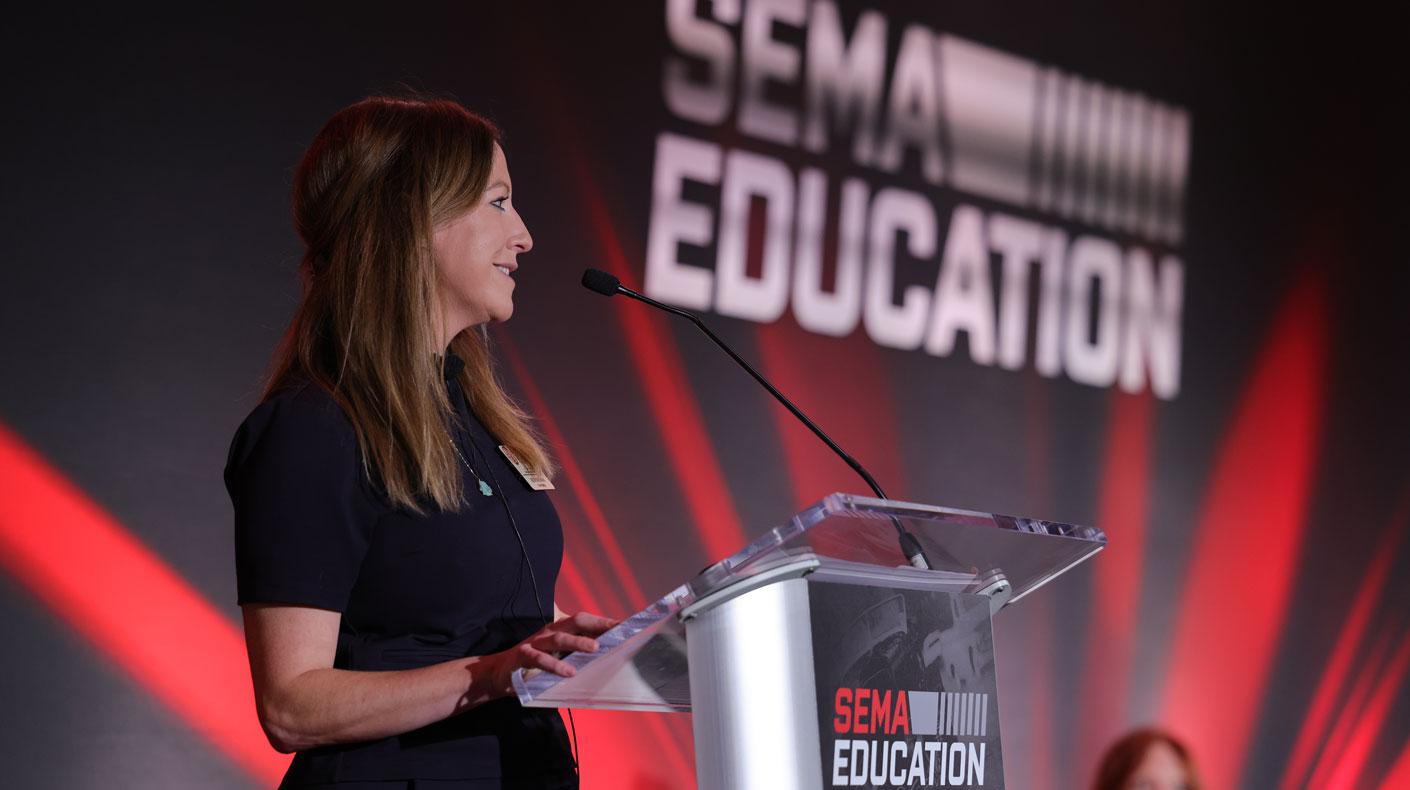The U.S. House of Representatives passed an energy bill to establish new efficiency standards for appliances, lighting and buildings. Lawmakers, however, put off until this fall a decision on how high to boost Corporate Average Fuel Economy (CAFE) standards for automobiles.
SEMA has actively urged members of the House to support legislation (HR 2927) backed by the auto industry calling for a tough, but attainable, hike in CAFE standards, around 32-35 miles per gallon by mid-year 2022 for both cars and light trucks. CAFE numbers for cars and trucks would be measured according to vehicle size and weight. Over 160 members of Congress have signed on as co-sponsors of the bill, a number which continues to grow.
In June, the Senate approved its version of an energy bill that includes a combined CAFE hike of 35 mpg by 2020, a 40 percent increase from today's standards. SEMA and the automakers view this as unrealistic. SEMA supports a responsible CAFE policy that saves fuel but also preserves jobs, safety and the consumer's ability to purchase the most appropriate vehicles based upon performance, size, and utility characteristics. A House/Senate conference committee will be convened in September to negotiate a single energy bill, including the CAFE provision.
On a related topic, Rep. John Dingell (D-MI) intends to begin drafting a separate bill this fall to reduce emissions of greenhouse gases such as carbon dioxide (CO2). Chairman Dingell has urged lawmakers to focus attention on reducing CO2 emissions rather than mandating arbitrary CAFE hikes since the two issues are directly linked. If CO2 tailpipe emissions decrease, CAFE should increase. He contends, however, that government mandates will not succeed unless market forces are used to change consumer behavior, namely imposing a carbon tax to curb greenhouse gas emissions and make alternatives economically viable. (Income and employment taxes could be reduced accordingly).
Chairman Dingell's remarks come at a time with the U.S. Environmental Protection Agency is considering whether to regulate CO2 emissions from automobiles and whether to allow California to implement CO2 regulations set to begin in 2009. The EPA is currently studying what impact greenhouse gas reductions would have on other pollutants such as nitrogen oxides (NOx), sulfur oxides (SOx) and particulate matter (PM).
For additional information, contact Stuart Gosswein at stuartg@sema.org





